by Andreas Lang
We are clueless about the production of our everyday objects. Sometimes ignorance is bliss, for instance when it comes to the industrial processing of animals. My personal approach to materials is manual craft. I followed the work steps of the traditional leather production process – from slaughter to stitching. This way a “waste product” – the cow’s stomach – turned into a personal object of value.
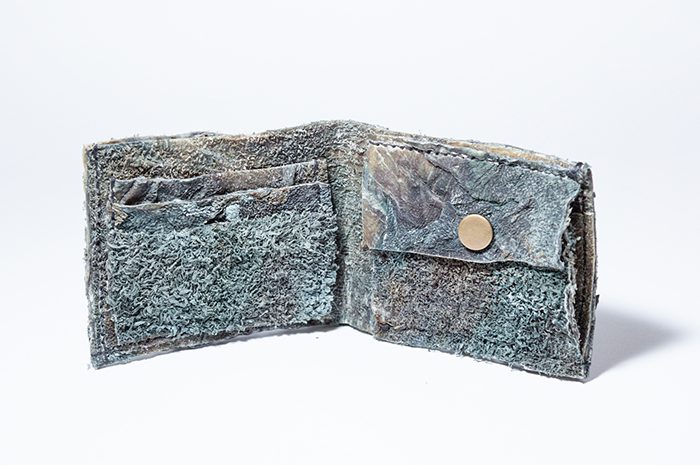
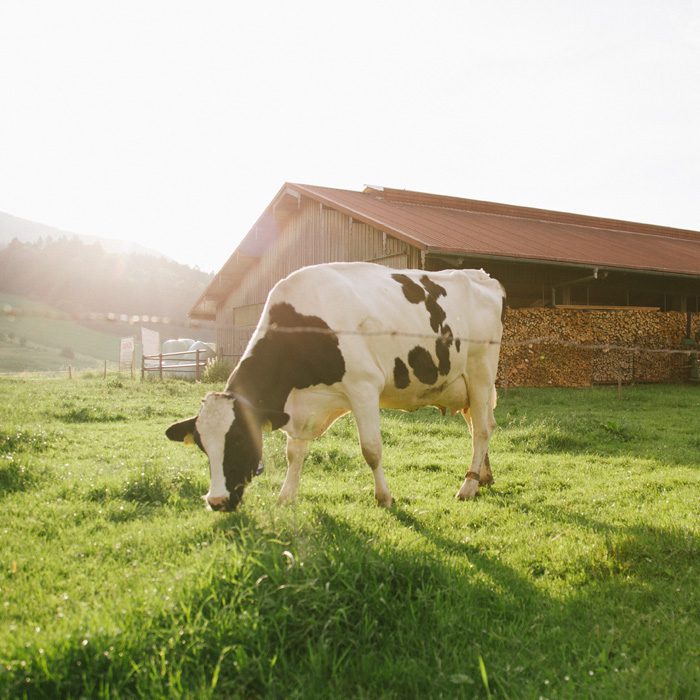
Milton Friedman claimed, that nobody knows how to make a pencil. No single person could ever execute all the necessary steps it takes to create such a seemingly simple object.
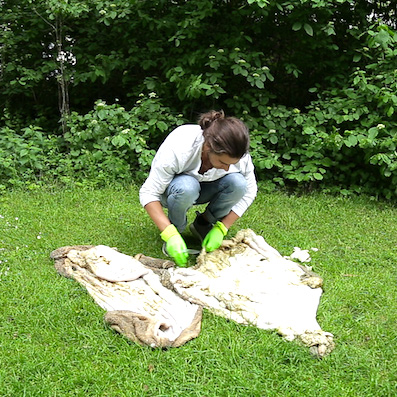
The division of labour is a essential contribution to our material wealth. As a result we can focus on the use of the pencil, not its production.
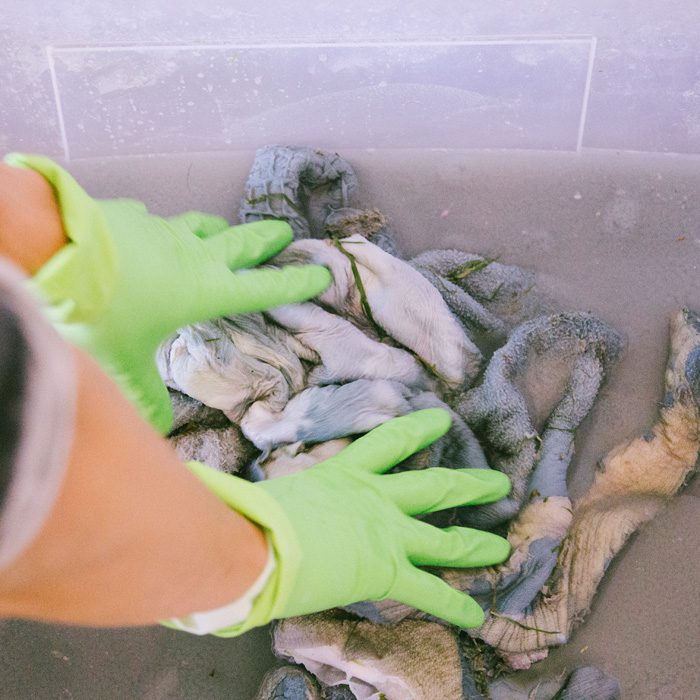
On the other hand, these remote and obscure manufacturing processes made us helpless spectators of our everyday life. Thoughtless consumption, which we practice everyday, withers empathy towards our surroundings.
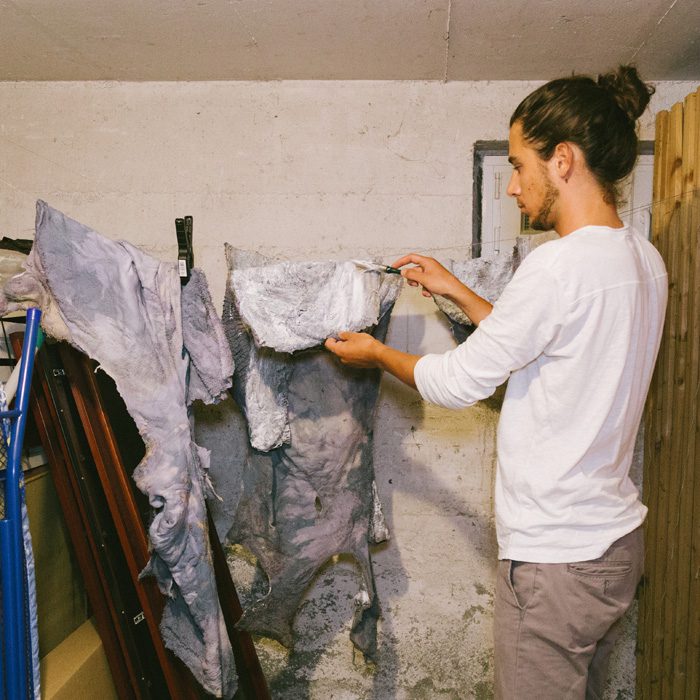
To have every possibly imaginable product available at a glance, really limits our understanding of how and where we live, whilst ironically enjoying the comfort of it.
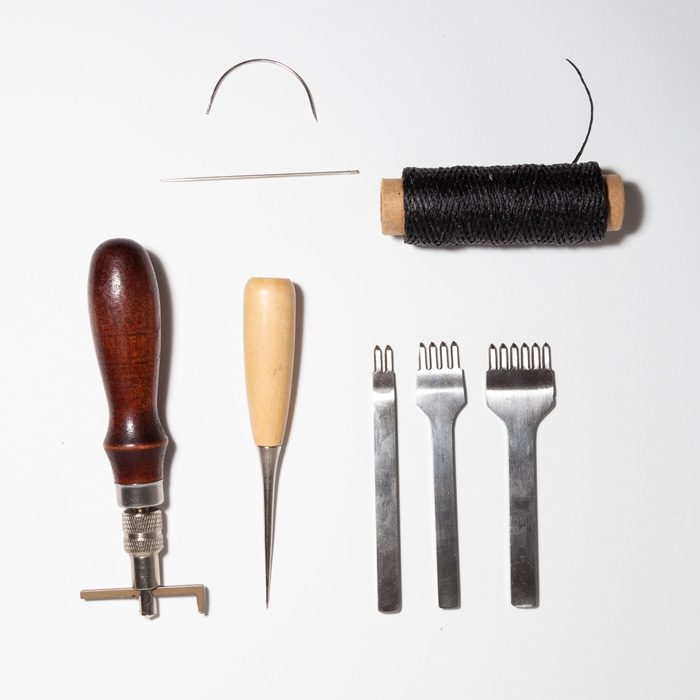
So how can we connect with our living space and with life itself? How do we become resonant to the world we live in?
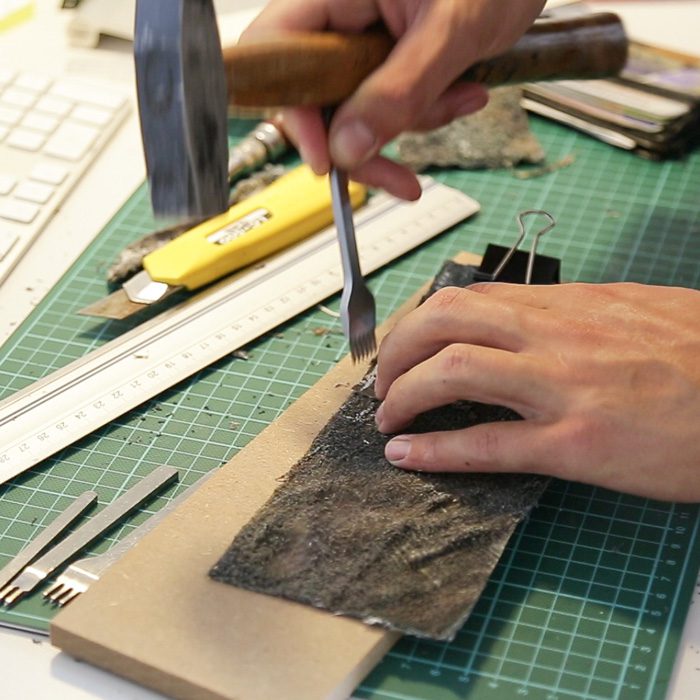
It’s really simple: Use your hands and get engaged!
Through making things, you can grasp your surroundings. Working with your hands bursts our bubble of comfort and safety which limits our participation in life. We aim for sovereignty from latent needs and paternalism.